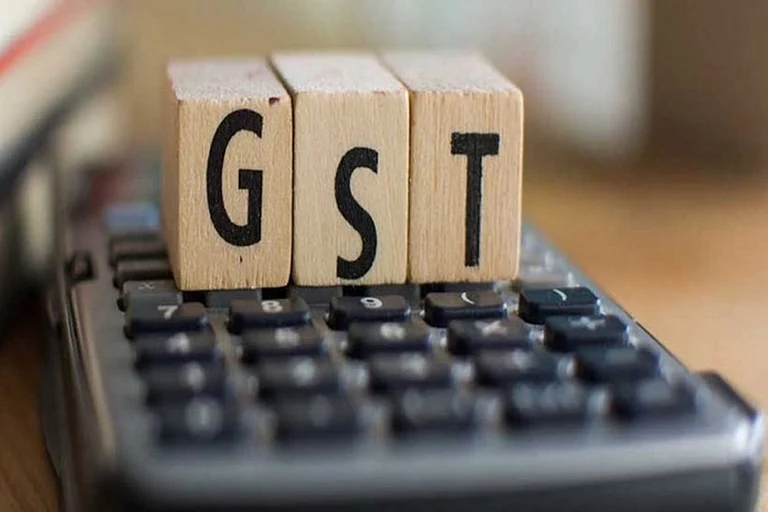A recent survey conducted by the University of Chicago Harris School of Public Policy and The Associated Press-NORC Center for Public Affairs Research reveals that a majority of taxpayers believe they are paying too much in taxes and receiving insufficient value in return.
As the tax season kicks off, two-thirds of U.S. taxpayers express the sentiment that they are spending excessively on federal income taxes. Additionally, about 7 in 10 respondents share similar concerns regarding local property taxes, while roughly 6 in 10 feel the same way about state sales tax. Notably, Republicans are more likely than Democrats to perceive taxes as unfair, claim they are overtaxed, and assert that taxes provide poor value.
The survey indicates a lack of confidence among U.S. adults regarding how institutions utilize their tax dollars, whether at the federal level or within local school districts. The overall trust in these institutions is low, but people tend to have slightly more confidence in governing bodies closer to home. Approximately 16% express confidence in their local school district, in contrast to only 6% for the federal government.
The survey also highlights a generational difference, with adults aged 60 and older more likely than their younger counterparts to view taxes as generally fair.
Chris Berry, a professor at the University of Chicago Harris School of Public Policy involved in the survey, notes a decline in public opinion about taxes and government trust, attributing it in part to increased political polarization. Berry emphasizes that local government has historically enjoyed more public trust than the federal government.
Half of those paying federal income taxes express a preference for fewer government services if it leads to a reduction in their tax bill. One-third would maintain their current tax levels for the same services, while 16% would choose to increase taxes for more services.
The survey further reveals that only about 1 in 4 taxpayers believe they receive good value from federal income tax, state sales tax, or local property tax. Roughly 1 in 3 in each case consider it a poor value, and about 4 in 10 believe the value is neither good nor bad.
When it comes to understanding the calculations behind their tax obligations, the majority of U.S. adults admit to having limited comprehension. Only about 2 in 10 claim to understand "extremely" or "very well" how local property tax amounts are determined, with similar proportions for federal income tax and state sales tax calculations.
The perspectives on the equity and transparency of the tax system vary. Yoany Mesa, a 40-year-old computer engineer and Republican from Fort Lauderdale, Florida, criticizes the tax system as inequitable and non-transparent, especially in terms of loopholes benefiting the wealthy. He and his wife express concern about the lack of clarity in the federal tax code and question the allocation of funds by their local government, particularly in addressing infrastructure issues such as flooding and sewage overflow.


























